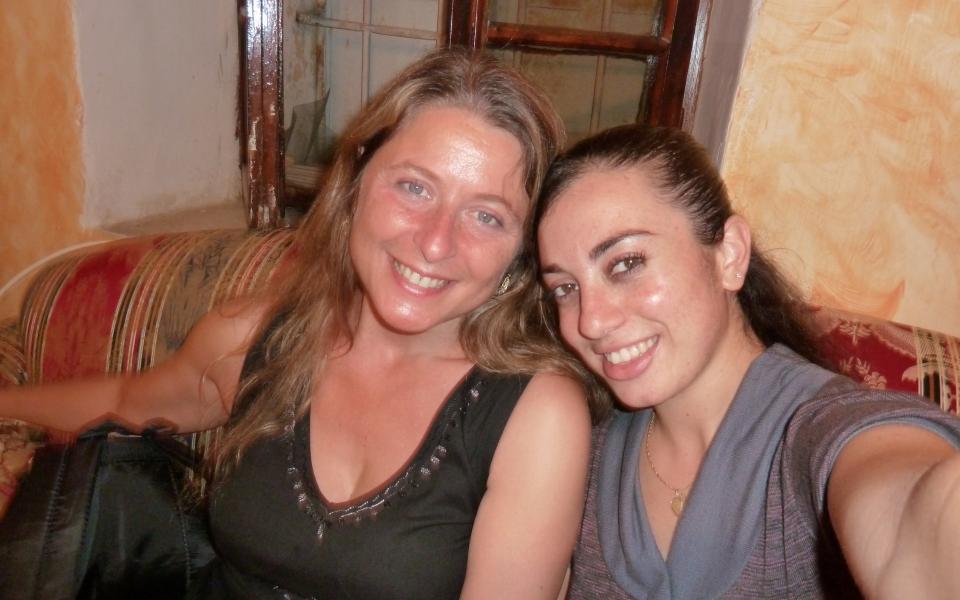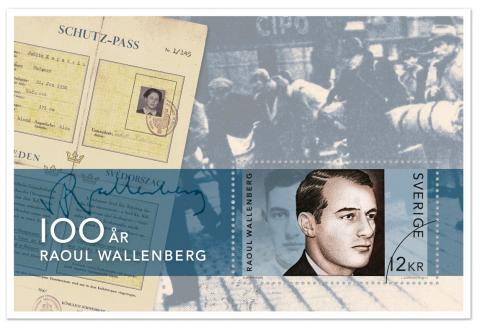
by Rebecca Tobias, URI Global Council Trustee for North America
The Seeds of Peace program grants youth from the Middle East and now South East Asia, India and Pakistan the opportunity to get to know one another in a neutral and relaxed safe-space by providing a capacity-building summer camp where hard questions around national identity are explored, and leadership skills in non-violent communication and community cooperation are fostered. It is an effective citizen diplomacy program which has substantive and lasting benefit.
It has also had a positive impact in my life which I'd like to share with you. In 2004-5, while living in Westlake Village, California our family hosted a Palestinian 'seedling' who had stayed on in the US to take part in an international student exchange program. She had actually come to us in a 'round about way, we already had an assigned student and it was later on in the school year when we were contacted by the student exchange agency about a young lady who had been treated unfairly by her host family, and would we consider taking her in. We had an extra bedroom and I at the time was a stay-at-home mom, so we agreed. Her parents were informed of the proposed change. They were disappointed that the first family had not worked out and we were not their first choice, but under the circumstances, our home was an acceptable enough alternative.
Our daughter Hannah and Sharihan become fast friends and because we kept a kosher style home Sharihan, a devout practicing Muslim was able to eat and worship in the ways she was most comfortable. You see, for several years I had lived as an orthodox Jew and was very familiar with her style of modest dress and the rituals of daily prayer. Although Shari came to us from the small town of Abu Ghosh she was able to feel for the most part, at home.
There was one thing about the situation that had me feeling uneasy, Shari wore a paisley headscarf, a 'bandana', the kind that you see worn by a typical teenagers on Venice Beach. She worked hard in the mornings to tuck every strand of hair under the tightly bound cloth. One day after a few weeks together, I asked why she chose to do this instead of wearing a traditional hijab which she only wore at home. She told me that it was because she was the only devout Muslim that she knew of in this mostly anglo-American public school, and thought she would, 'stick out like a sore thumb' if she were to wear a head covering that called attention to her faith.
One morning she was late to class and asked me to drive her to school. As she was rushing to grab her lunch from the kitchen, I stepped into her room and took one of her hijabs off of her bedroom bureau and put it in my purse. We hopped in the car and drove off. While on the way she thanked me for driving her at the last minute and asked, as she always did, that if there was anything that I needed, not to hesitate to ask. I thought this would be the perfect time to broach the question-- so when I answered I told her that in the entire time that she had lived with us, that I was so impressed with her grace and her natural beauty--her feminine beauty--which had been hiding under this not so feminine scarf, and would she please consider trying to wear her hijab, just through lunchtime, and if she felt uncomfortable, to take it off and I promised that I wouldn't bring up the subject again. She looked over at me and hesitated a bit, but she said she would give it a try. I pulled the hijab out of my purse and she gave me a wry, knowing look. She made it to class before the bell rang.
3;30 came and the girls came bounding home from school (at the time I had three at home, my Hannah and two exchange students, Sharihan and another Seira, from Japan). Shari was wearing a smile and her hijab. I smiled too and without asking, Shari beamed and said that it was a great day for her. Classmates were curious asking lots of questions, wanting to know where she was from, if was she was a 'real' Muslim and what did it mean to be a Palestinian. She told us she had made more friends at school that day at than she had the entire year. I was so happy for her. I still keep a photo of her in wearing her prom dress and stylish matching hijab on the desktop of my computer. She looked radiant in them. Beautiful inside and out.
This past year after the URI Global Council met in Jordan, many of us had the opportunity to visit Israel and the Palestinian territories to connect with friends old and new. I had remained in contact with Shari and was invited by her parents to stay at her home in Abu Ghosh. It was such a joy to come to know her family who warmly welcomed me. Shari's mother Nadia and I became fast friends--she spoke of how happy she was that fate had brought us together. She had never known a Jewish woman before and was so grateful that we had been Shari's host family during her stay in the US. We were each granted a cherished gift in the chance to meet heart to heart, and to share our most precious treasures with one another; our children.
Across the kitchen table at our farewell dinner, Nadia graciously gave me a gold ring in the shape of in "S." She said she wanted me to have it as a 'thank you' for taking care of Sharihan. Grateful at her generosity and touched by her kindness I accepted it and slipped it on my finger. I wear it everyday. It serves as a reminder to me that its everyday acts of love and simple caring hold the the opportunity to heal our hearts and our world--one sacred relationship at a time.
There are no words to express how fortunate I feel to have this special connection with Shari and her family, and Seeds of Peace played a small but significant part. Sharihan has graduated from college and is now a part-time representative with the Abraham Fund, which advances co-existence and equality among Jews and Arabs in Israel: http://www.abrahamfund.org/main/siteNew/index.php; preparing the way for a new generation of peace-builders to lead us into the future.

